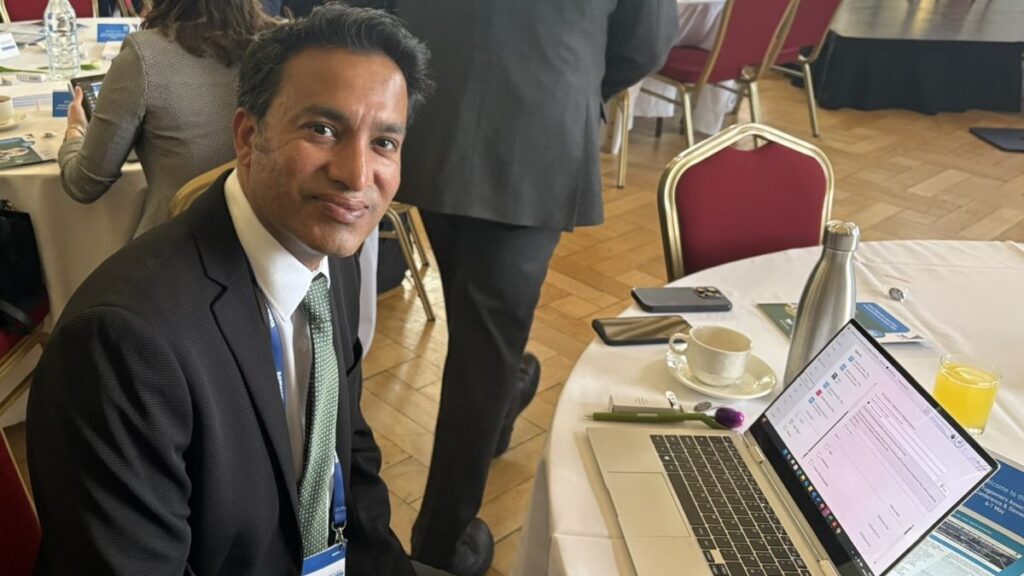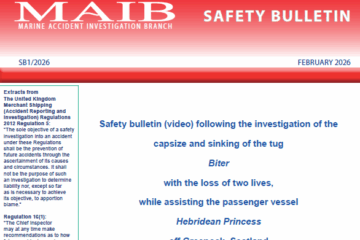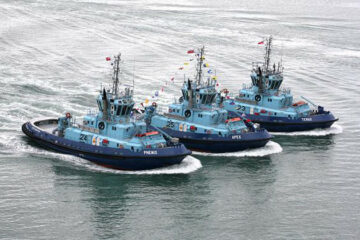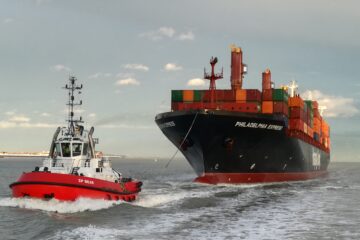The UK Maritime and Coastguard Agency will fundamentally transform seafarer certification from September 2025, ending an outdated system that forced mariners to start over when switching vessel types while introducing digital assessments that replace memorisation with practical skills application

“The roles of seafarers may not have changed in decades, but the technology certainly has,” declared the chief examiner at the Maritime and Coastguard Agency, Ajit Jacob, at this year’s British Tugowners Association Annual Conference in Belfast. The comprehensive overhaul targets restricted Certificates of Competency (COCs), creating seamless progression pathways. The fragmented qualifications previously limited career mobility.
Digital transformation anchors the reforms, replacing pen-and-paper examinations with scenario-based assessments on electronic platforms. Candidates will now demonstrate practical competencies such as digital chart passage planning and collision avoidance interpretation rather than regurgitating memorised information rendered obsolete by modern vessel technologies.
Using simulators for training is proving highly effective, said Mr Jacob, adding that after participating in the pilot project, nearly everyone (95%) wondered why they had not used Bridge Watchkeeping simulator training earlier.
Five days of simulator training can be credited as 15 days of sea service. For those working toward their first COC, up to 10 days of simulator time can count toward the required sea time. This allows seafarers to gain experience in scenarios they may not have encountered on board, helping them build and refine the practical skills essential for their roles.
The framework aligns with STCW Convention requirements to maximise global recognition through potential memoranda of understanding with other maritime administrations. Specialised certifications under Chapter 7 remain available for niche operations, though Mr Jacob cautions these may face international acceptance challenges.
Emerging technology training receives particular attention, with approved courses already established for electric propulsion and hydrogen systems. This forward-looking approach addresses the industry’s decarbonisation challenges while expanding employment opportunities for UK seafarers across vessel types.
Financial barriers fall with apprenticeship levy funds now applicable to certification costs, enhancing accessibility. Small vessel engineering syllabus modernisation begins July 2025, followed by stakeholder-driven development of digital assessment platforms.
“What we have done is being used as a global template,” concluded Mr Jacob, positioning the UK’s approach as potentially transformative beyond its shores. “The beneficiaries will be seafarers who will get more employment opportunities and the shipping companies as well.”
The article can be found on Riviera’s website here – Riviera – News Content Hub – MCA moves from ‘start over’ seafarer certification system in digital revolution
With gratitude to Edwin Lampert and Riviera for granting permission to the BTA to publish the article.


